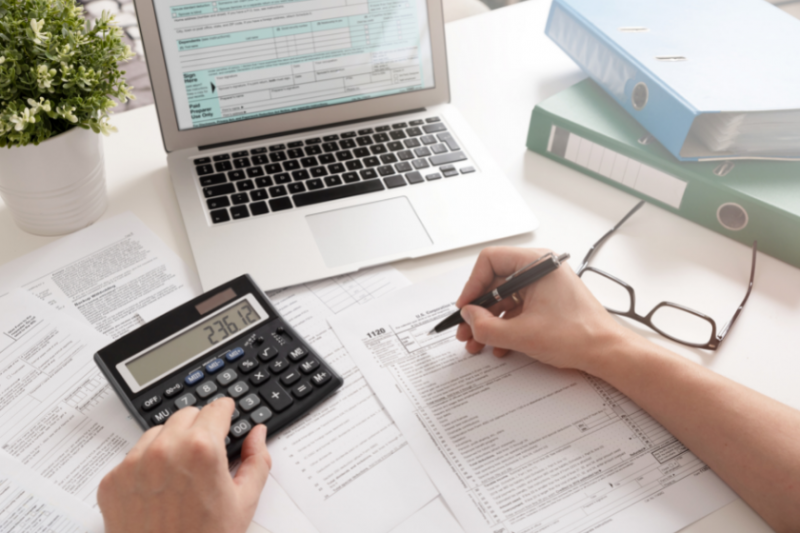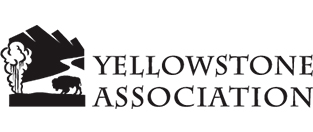Taxation
A few days before the first round of the presidential election, Bercy launched on Thursday the last tax return campaign of the five-year term – which remains an obligation for all despite the tax at source – and has not hesitated to highlight the new provisions that can help lighten the bill of taxpayers.
This year, it is more specifically the application of the exceptional revaluation of 10% of the kilometer scale that should be closely observed by a number of households.
Those who are suffering from the explosion of fuel prices.
Announced last January by the government to reduce the cost of fuel prices, this measure provides more specifically to enhance in an “exceptional” way – of 10% – the kilometer scale.
This allows households to deduct from their taxable income, each year, expenses related to the use of their vehicle for business travels.
It is determined according to the type of vehicle and the kilometers driven.
However, in order to benefit from this significant boost due to the revaluation, households must opt for the deduction of actual expenses and therefore give up the flat-rate deduction of 10% that automatically applies.
This is difficult as the “actual expenses” option may be considered more complex.
A lot of people have an interest in switching to actual expenses, they need to take advantage of this tool.
This is the case, for example, for a 30-years-old single man whose net taxable income for 2021 is 28,000 € and who travels 50 km every day to get to work.
According to the DGFiP’s calculations, if this person opts for the flat-rate allowance of 10%, he will obtain a deduction of 2,800 € from his taxable income.
If he chooses the deduction of “real expenses”, and thus benefits from the 10% revaluation of the kilometer scale, he will have a reduction of 4,880 €.
To ensure that taxpayers choose the best option, the DGFiP has put online a simulator dedicated to the calculation of kilometer and other professional expenses.
More surprisingly, the tax authorities have even promised to automatically apply the most advantageous option for households that make a mistake…
Remote working fees
Another measure was put forward: the tax credit for households that have installed an electric vehicle charging station in their home.
More specifically, it represents 75% of the amount of expenses incurred last year within the limit of 300 euros per charging system, as specified by the tax authority.
The executive has also decided to renew in 2021 the exemption of professional expenses related to remote working.
This measure had been put in place for the year 2020 during which many employees worked from home because of quarantines and restrictions to fight against the coronavirus.
In detail, this exemption is capped at 2.50 € per day of remote working, 55 € per month and 580 € per year, slightly more than the 550 € provided in 2020.
Finally, the tax authorities are working with the Ministry of Education to improve the rate of use of school grants, which is considered “insufficient”.
Households with children in secondary school will be able to confirm their entitlement at the end of their online tax return, via a simulator.
This year, the deadlines for filling out the online returns are from May 24 to June 8, depending on the department.





